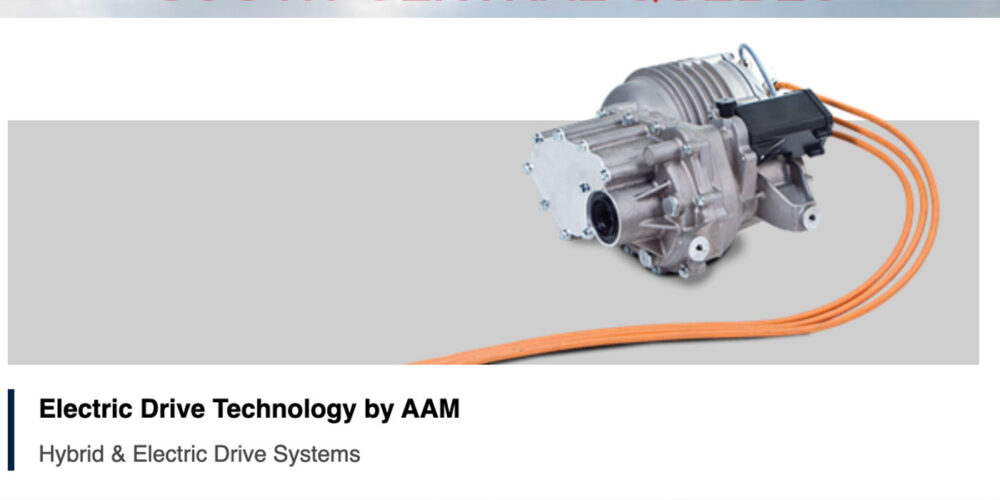From Detroit Free Press
WASHINGTON — The federal agency that oversees auto safety has decided — based largely on arguments from automakers and their Washington, D.C., lobbyists — that reams of data relating to unsafe automobiles or defective parts will not be available to the public.
Specifically, the government has banned the release of car and truck warranty-claims information, customer complaints and early-warning reports about defects from dealers, automakers and rental car companies, even if media outlets or other groups push for it under the Freedom of Information Act.
The rule, finalized earlier this year, is a two-paragraph decision buried deep within the Federal Register, which runs hundreds of pages each day. Few outside the automakers, their lobbyists and some public-interest groups, are even aware of it. But awareness is growing. The decision by the National Highway Traffic Safety Administration was cited Saturday in a front-page New York Times story as an example of regulatory actions by the Bush administration to aid business or industry.
One consumer-advocacy group has sued the federal government, arguing the information should be made public and calling the decision a “paternalistic ruling that basically argues consumers are stupid and would be easily misled.”
Automakers, such as General Motors Corp., and the federal government say the auto-safety data should not be made public for two main reasons — the information would give competitors too much information and it would be of little use to consumers, who might be overwhelmed or confused by all of the data.
“Our view is this data is very sensitive to us and shouldn’t be in the public domain,” said Chris Preuss, a GM spokesman based in Washington, D.C. “There’s already a tremendous amount of data out there for consumers.”
Consumer-advocacy groups say the automaker arguments puzzle them.
“Apparently, the automakers and the government have decided they don’t want people to have accurate information because they might get misled, because they can’t be trusted with this data,” said Scott Nelson, a lawyer for the D.C.-based consumer-advocacy group Public Citizen. “They are arguing this information is too confusing for the public, but at the same time they argue this information is so valuable their competitors could ferret out detailed data from it.”
Consumer advocates criticize one automaker argument in particular: that rivals should have to make their own mistakes — build a flawed product or use a defective part — and not have the advantage of learning from the mistakes or financial losses of another that has already learned the lesson.
NHTSA, which oversees auto safety and made the decision, notes the data had never been public before. It further argues that what really matters is that the traffic-safety agency is now getting the information and can move more quickly to correct safety defects.
Keeping the information private, says NHTSA, is part of the trade-off of getting good, honest data from automakers.
“We, as monitors of vehicle safety, have better access to early-warning data now than we ever had,” said Rae Tyson, NHTSA’s chief spokesman. “You need to keep that in perspective.”
The data began streaming into NHTSA late last year as part of the TREAD Act, a law passed in 2000 in response to rollovers of Ford Explorers equipped with certain Firestone tires.
The law requires quarterly reports from automakers, tiremakers and suppliers on warranty claims, customer complaints, injuries, fatalities and other auto-safety information.
Consumer advocates argue the TREAD Act was not just designed to get more data to NHTSA but to get more data to the public so they can make sure NHTSA is doing its job of aggressively policing automakers.
“With the NHTSA ruling to keep this data secret, now the watchdogs can’t watch NHTSA to make sure they are doing what Congress demands they do,” said Clarence Ditlow, director of the Center for Auto Safety, a public-interest group.
NHTSA’s decision to keep confidential information regarding warranty claims, consumer complaints to automakers and defect reports was made in early April. Like many obscure federal regulations or rules, it was published in the dense Federal Register but hardly noticed and received scant media attention.
Such administrative rulings aren’t laws and therefore are not subject to congressional hearings. They often fly under the radar screen, even when their impact is potentially widespread.
Public Citizen has sued the Department of Transportation to make the auto-safety data public and argues NHTSA’s decision is an example of a discreet regulatory decision made by the Bush administration to quietly aid business or industry.
Health rules, workplace-safety standards and environmental regulations have also been modified to help businesses, these consumer groups said.
“Secrecy is rampant in this administration. It’s shocking to me that information that should be out there for consumers should be kept secret from them,” said Joan Claybrook, president of Public Citizen.
NHTSA, while acknowledging that certain auto-safety information won’t be made public, insists consumers are nonetheless getting more data than ever.
Consumers can, for example, find out information about vehicular deaths, auto-related property damage or vehicle recalls in foreign countries, none of which was available before. For years now, information about recalls and NHTSA investigations has also been public.
“There is more than ever out there for consumers, as much as anyone could want,” said NHTSA’s Tyson. “If we let all of the information be made public, it would have a chilling effect on the data we get. If, for example, warranty data got out, manufacturers might quit offering warranties or quit handling problems via warranty.”
Jeremy Anwyl, president of the auto-research Web site Edmunds.com, said he thought the data would be of great interest to consumers, especially if it was cleaned up and explained clearly.
“There is great interest, tons of interest, in safety, reliability data, by consumers. It’s in their top five things they want to know when they shop for a vehicle. I think it’s a knee-jerk reaction by the automakers to restrict this data,” he said.
But the automaker argument that companies should learn from their own mistakes is what troubles citizen-advocacy groups in particular.
In a longer summary of NHTSA’s decision, which lays out the arguments by GM and a leading auto-trade association, the Alliance of Auto Manufacturers, automakers in essence say it would be unfair if other automakers were able to learn from the mistakes of their competitors.
“It’s a shocking argument by the automakers,” said Claybrook. “They want their rivals to keep making defective products because of competitive reasons.”
Eron Shosteck, spokesman for the Auto Alliance, would emphasize only that automakers and suppliers “simply want to protect proprietary information from their rivals.”
Copyright 2004 Detroit Free Press. All Rights Reserved.
_______________________________________
Click here to view the rest of today’s headlines.













